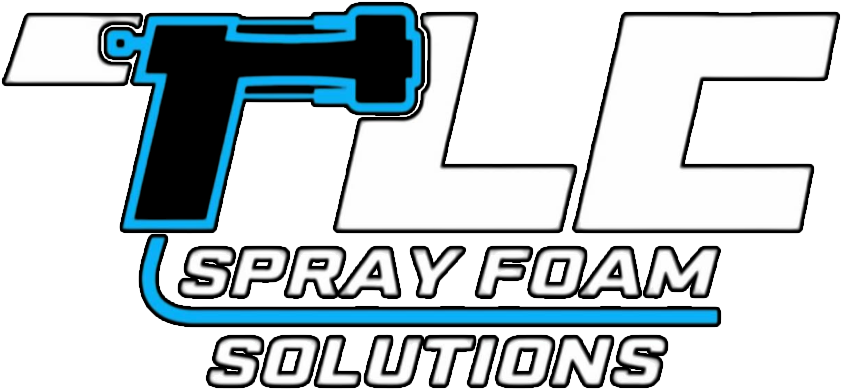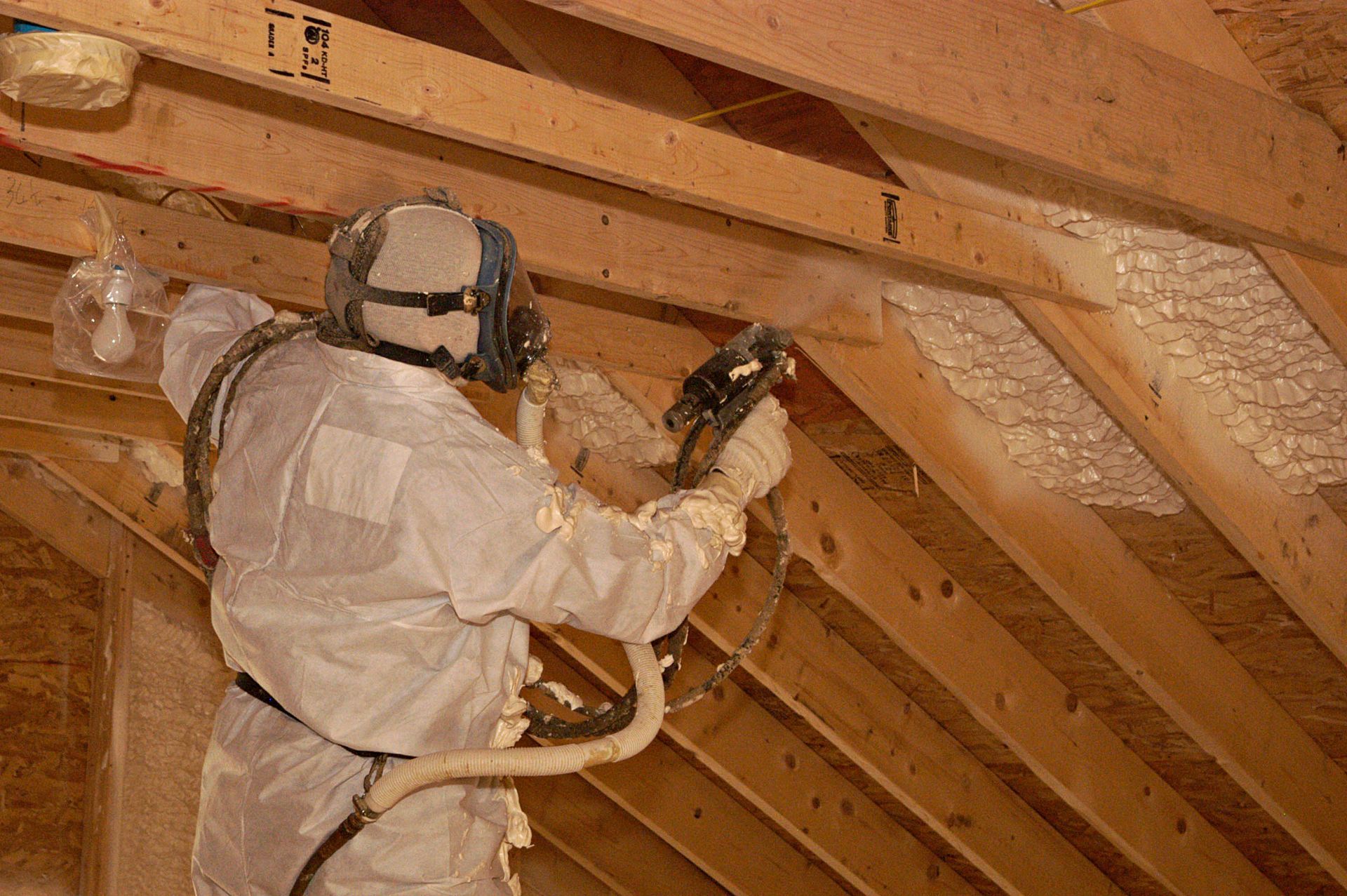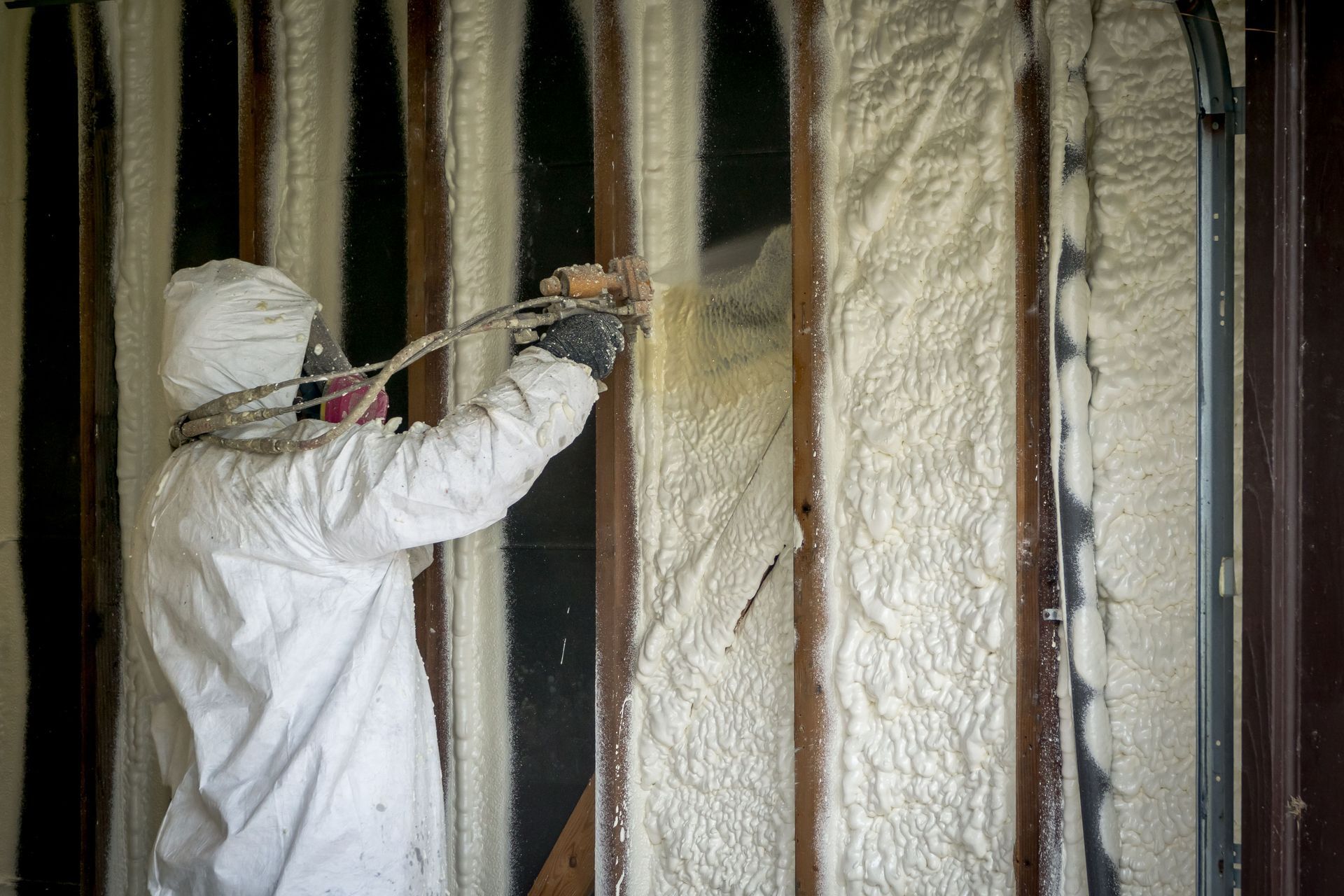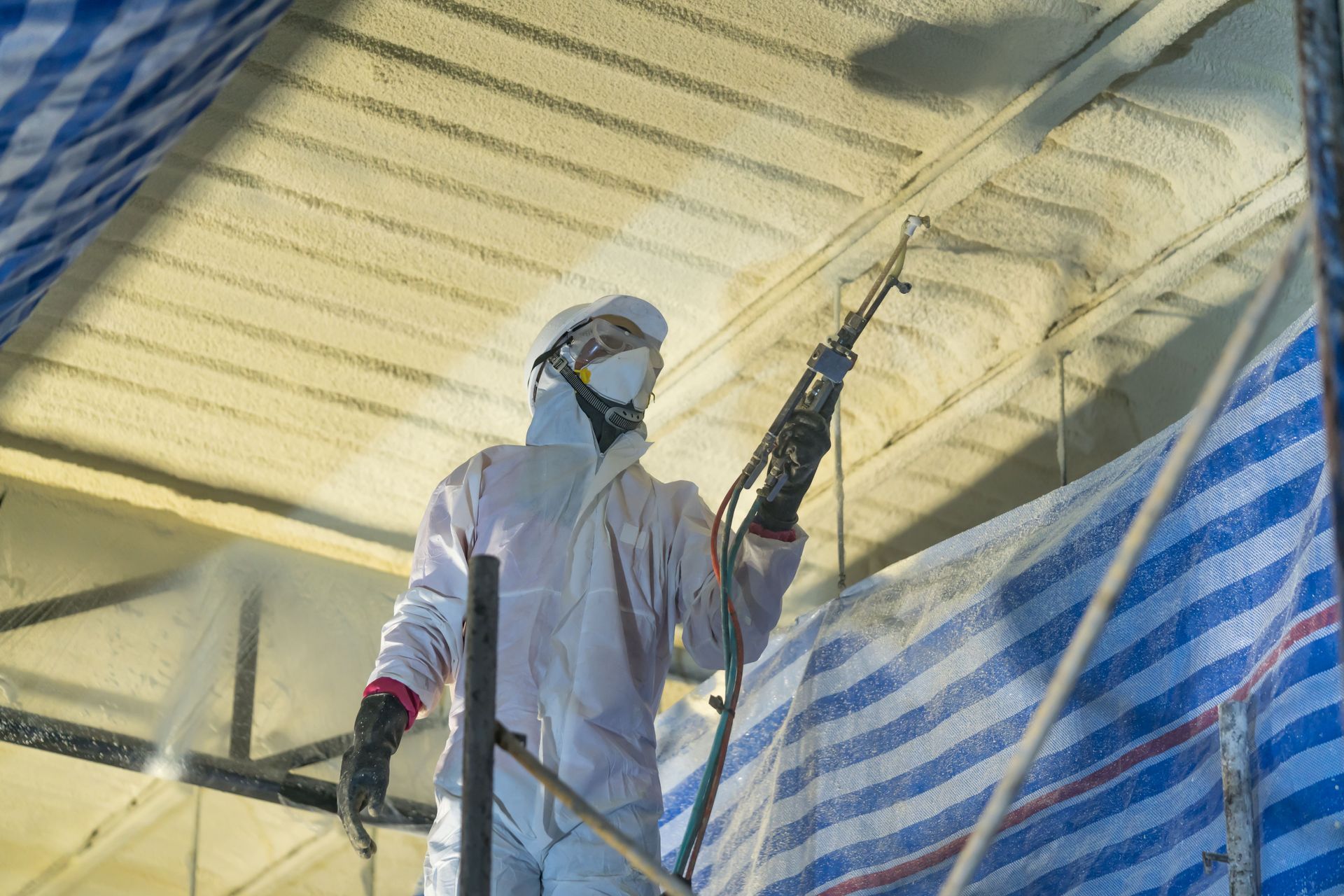Qualities to Look for in a Local Insulation Contractor
A skilled insulation contractor plays an essential role in improving a building’s energy efficiency and comfort. When hiring a local insulation contractor, homeowners should evaluate not only technical skills but also professionalism, communication, and transparency. The right contractor ensures your investment delivers consistent comfort and energy savings for years to come.
Experience and Expertise
Years in Business
The number of years a contractor has operated often reflects their reliability and understanding of local building needs. Experienced contractors know the regional climate, materials, and codes. Longevity also indicates their ability to adapt to new technologies and maintain a strong client base. While newer businesses can perform well, they should have well-trained staff and experienced oversight to manage projects effectively.
Specialized Training
Proper training ensures insulation is installed correctly and safely. Contractors who pursue ongoing education and certifications show dedication to quality. Training in techniques like spray foam installation can significantly improve energy efficiency—homes using it save about 5,600 kWh annually, according to American Chemistry. Certified professionals can handle complex projects and comply with evolving standards.
Portfolio of Previous Work
A contractor’s portfolio highlights their workmanship and familiarity with different insulation types. Reviewing their past projects helps clients gauge versatility and consistency. Whether it’s a small attic upgrade or a commercial project, photos and case studies give a clear sense of quality, timeliness, and customer satisfaction.
Area of Specialization
Insulation types—spray foam, fiberglass, or cellulose—require different skills. A contractor’s specialization helps you choose the right material for your needs. Specialists can provide advice on what performs best in your climate, helping reduce long-term heating and cooling costs.
Problem-Solving Skills
Strong analytical and troubleshooting skills allow contractors to handle unexpected issues without disrupting timelines. Quick thinking prevents added costs and ensures a consistent level of quality. Contractors who manage challenges calmly and creatively also build trust and foster long-term client relationships.
Reputation and References
Customer Testimonials
Testimonials offer first-hand insight into a contractor’s communication, punctuality, and workmanship. Common themes—such as responsiveness or attention to detail—can help you predict how they’ll handle your project. Reading multiple testimonials paints a more accurate picture than relying on one or two reviews.
Online Reviews and Ratings
Online platforms like Yelp or Google Reviews provide an overview of client satisfaction. Consistent positive feedback signals reliability, while recurring complaints may reveal areas of weakness. Read both positive and negative reviews to assess how contractors respond to challenges or criticism.
Industry Awards and Recognition
Industry awards show that a contractor stands out for quality and professionalism. Recognitions for safety, innovation, or sustainability highlight a contractor’s leadership and reliability. These awards can usually be verified through the issuing organization’s website for credibility.
References from Past Clients
Speaking directly with previous clients gives valuable insight into project timelines, communication, and follow-up. A reputable contractor should readily provide contact information for satisfied customers. These discussions can confirm whether the contractor delivers on promises and maintains strong after-service relationships.
Community Involvement
Contractors engaged in local events or partnerships demonstrate accountability and commitment to the community. Their involvement shows they value local reputation and economic growth. Clients often find that contractors rooted in their community take greater pride in their work and uphold stronger service standards.
Licensing and Insurance
State and Local Licensing
Licensing ensures a contractor meets the required training and safety standards. It also demonstrates compliance with local laws and codes. Homeowners should verify that the contractor’s license is active and appropriate for insulation work in their region. Hiring an unlicensed contractor risks legal and safety issues.
Worker’s Compensation Coverage
Worker’s compensation protects both homeowners and employees if an accident occurs. Without it, the homeowner could be liable for injuries on their property. Always confirm that the contractor provides current proof of this coverage before work begins.
Liability Insurance
Liability insurance safeguards clients from property damage during installation. It reflects professionalism and financial responsibility. Homeowners should verify the coverage amount and request documentation to confirm it’s active for the project’s duration.
Compliance with Safety Standards
Adherence to safety protocols minimizes health risks associated with insulation materials. Proper equipment, ventilation, and protective gear are essential for safe installation. Contractors who follow OSHA and local safety standards demonstrate commitment to both worker and client well-being.
Certifications from Reputable Organizations
Certifications from organizations like the Insulation Contractors Association of America (ICAA) or Building Performance Institute (BPI) confirm a contractor’s knowledge and quality. These credentials indicate training in energy efficiency, safety, and environmental responsibility—key factors in professional insulation work.
Quality of Materials and Techniques
Types of Insulation Materials Offered
A qualified contractor should offer multiple insulation options, each with specific advantages. Fiberglass, cellulose, and spray foam differ in cost, R-value, and eco-friendliness. Contractors knowledgeable about modern materials can recommend solutions best suited for your space and budget.
Modern Installation Techniques
Using up-to-date methods ensures superior insulation performance. Techniques like spray foam application or air sealing require precision and experience. Contractors who stay current with industry advancements deliver installations that last longer and perform better under local climate conditions.
Standards for Material Safety
Safe materials protect both installers and occupants from chemical exposure or respiratory irritation. Contractors should use materials that meet established health and environmental standards. Verifying safety certifications can help guarantee healthier indoor air quality and peace of mind.
Energy Efficiency Considerations
Energy-efficient insulation directly reduces utility costs. For example, spray foam insulation can save thousands of kilowatt-hours per year. Knowledgeable contractors assess your home’s needs to recommend insulation that improves performance without unnecessary expense.
Environmental Responsibility
Many homeowners value sustainability. Contractors who source eco-friendly materials and minimize waste contribute to environmental conservation. Choosing green materials can lower a home’s carbon footprint and promote long-term energy savings.
Communication and Customer Service
Clarity in Proposals and Estimates
Transparent, detailed estimates prevent surprises and foster trust. Clear breakdowns of labor, materials, and timelines help clients understand every project phase. This transparency supports efficient budgeting and smoother project management from start to finish.
Responsiveness and Availability
Timely communication is vital for project success. Contractors who promptly answer questions and update clients demonstrate professionalism. Reliable communication minimizes delays, prevents misunderstandings, and reassures clients their project is a priority.
Addressing Customer Concerns
Good contractors listen actively and resolve issues quickly. Whether adjusting timelines or clarifying details, responsiveness to feedback fosters mutual respect. Contractors who prioritize customer satisfaction tend to have long-lasting business relationships and strong referrals.
Professional Conduct
Professionalism builds confidence and reflects a contractor’s ethics. From punctuality and clean worksites to respectful communication, professionalism influences the overall experience. Contractors who value integrity and consistency tend to deliver the best long-term outcomes.
After-Service Support
Reliable contractors continue to support clients after project completion. Post-installation inspections or maintenance advice demonstrate accountability and care. This ongoing support reassures homeowners that their investment remains protected over time.
Cost and Financial Transparency
Fair and Transparent Pricing
Trust begins with honesty in pricing. Contractors should provide clear, itemized quotes covering all potential expenses. Transparency prevents misunderstandings and sets realistic expectations for both parties, ensuring a fair and straightforward transaction.
Payment and Financing Options
Flexible payment plans make insulation upgrades more accessible. Contractors offering financing show they understand different client budgets. These options also encourage investment in higher-quality materials that improve energy efficiency and comfort in the long run.
Detailed Cost Breakdowns
A comprehensive cost breakdown should explain every aspect of the project—materials, labor, and contingencies. Detailed documentation enables clients to compare quotes accurately and select the best value for their budget. It also reinforces a contractor’s commitment to transparency.
No Hidden Fees
Hidden charges can quickly erode trust. Reputable contractors disclose all costs upfront and discuss potential price adjustments before proceeding. This integrity fosters smoother collaboration and reduces disputes during the project.
Value for Money
Value goes beyond low prices—it includes craftsmanship, communication, and energy savings. Contractors focused on delivering long-term benefits create satisfied clients and strong reputations. The right insulation partner provides results that last, keeping your home efficient and comfortable for years.
Choosing the right local insulation contractor requires balancing skill, reputation, and transparency. Look for professionals with proven experience, proper licensing, strong communication, and clear pricing. Evaluating these qualities helps you find a contractor who prioritizes safety, efficiency, and lasting comfort. By partnering with a reliable insulation expert, homeowners can enjoy improved energy performance and peace of mind knowing the job was done right. Reach out to TLC Spray Foam Solutions LLC today to speak with a local insulation contractor.





Share On: